Table of Contents
- TCJA Expiring: Taxes Are Set to Increase in 2026
- TCJA Expiring: Taxes Are Set to Increase in 2026
- T22-0091 - Share of Federal Taxes - All Tax Units, By Expanded Cash ...
- Navigating the 2025 Tax Landscape: Changes on the Horizon for Taxpayers
- Tax Brackets For 2024 Head Of Household And Single - Teena Genvieve
- Tax Rates Sunset in 2026 and Why That Matters - Barber Financial Group
- Tax Brackets For 2025: A Comprehensive Overview - List of Disney ...
- 2026 Income Tax Increase - YouTube
- Navigating the 2025 Tax Landscape: Changes on the Horizon for Taxpayers
- The reason why you may have to pay MORE tax in 2026
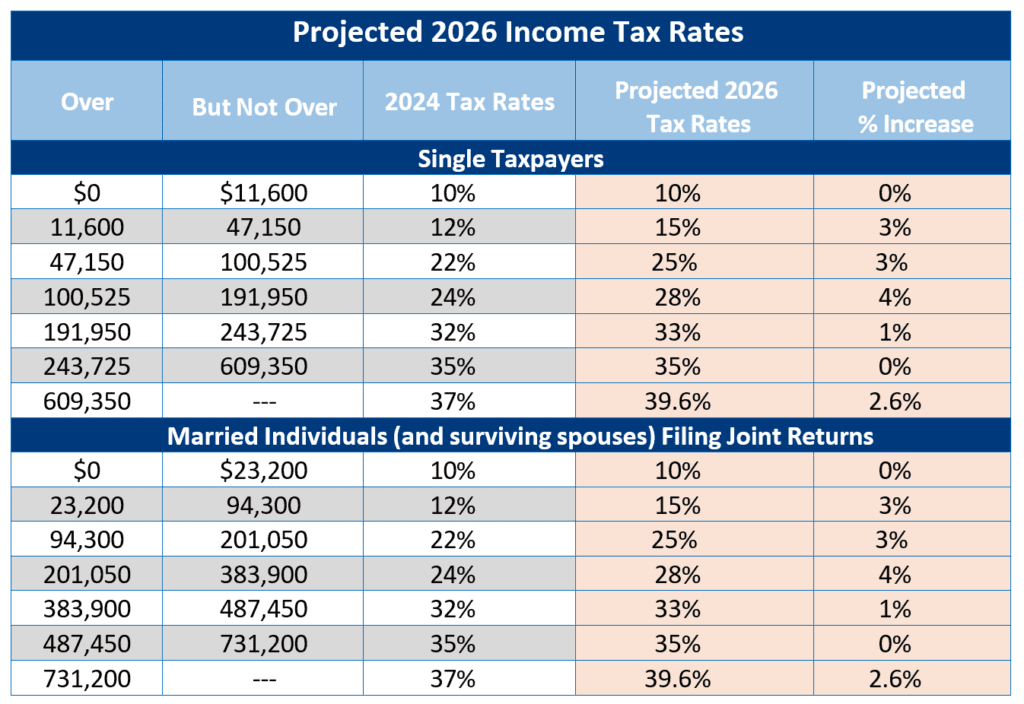
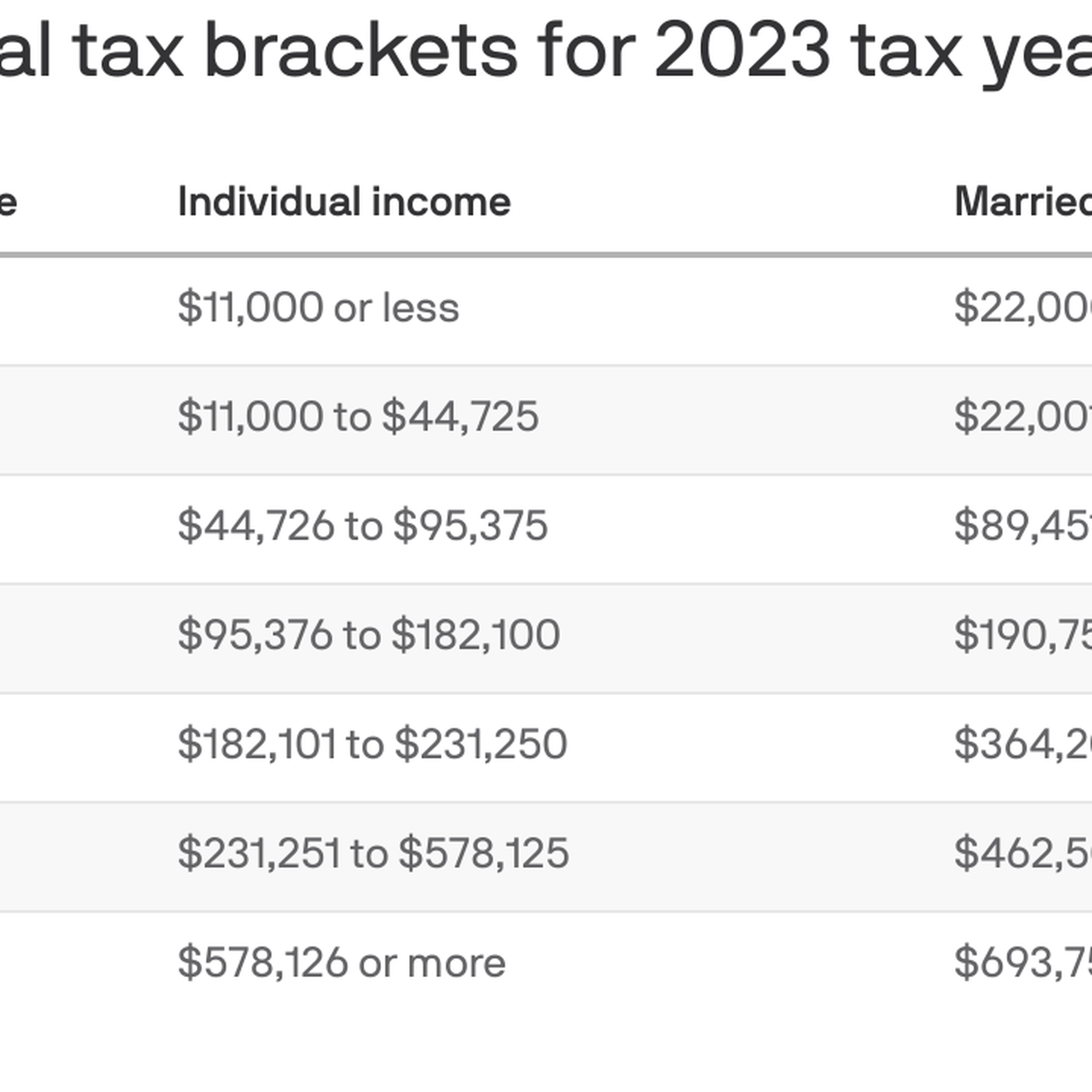
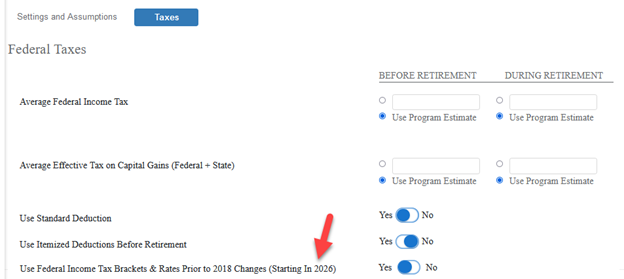
What's Changing in 2026?




How Will These Changes Affect You?
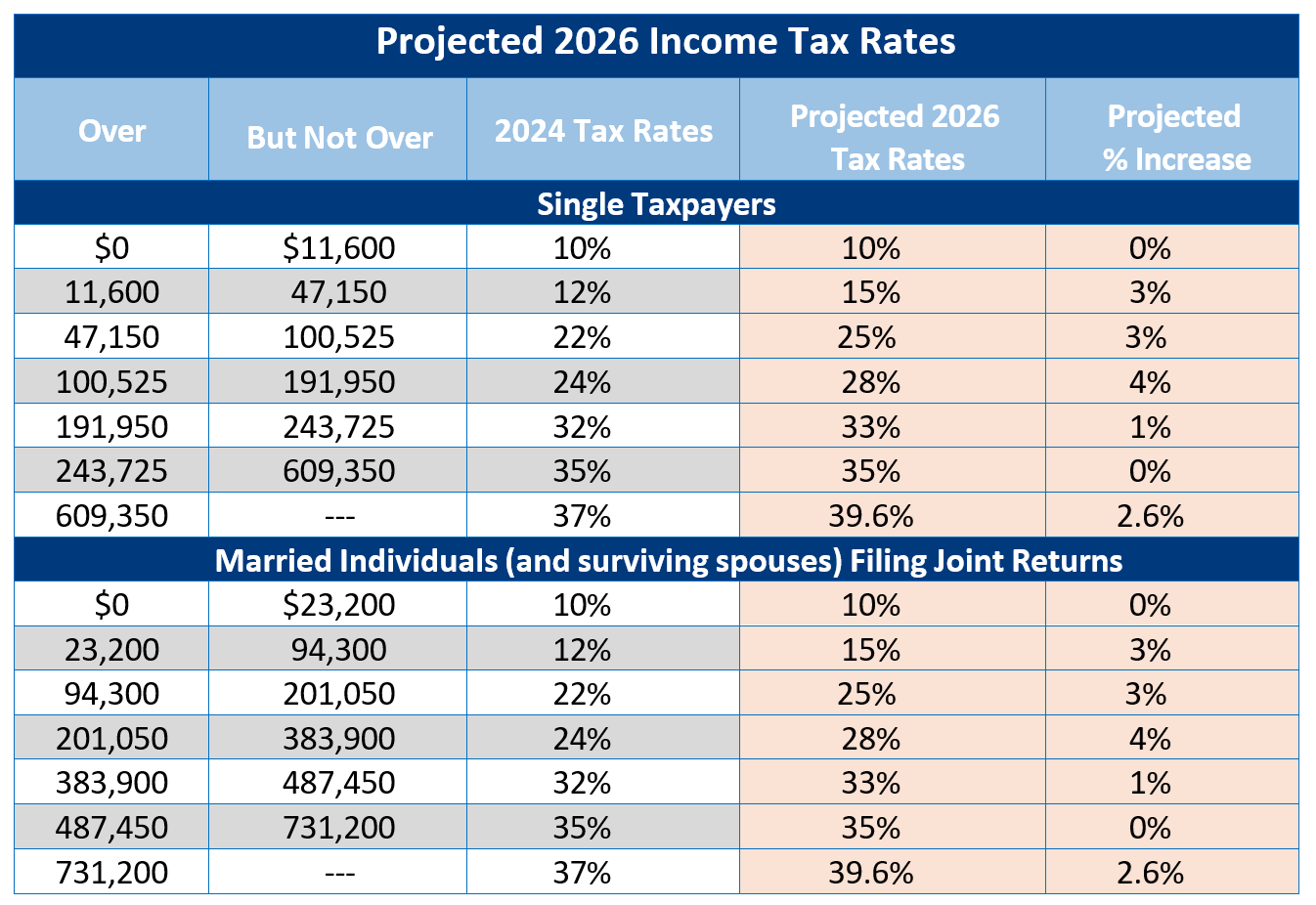
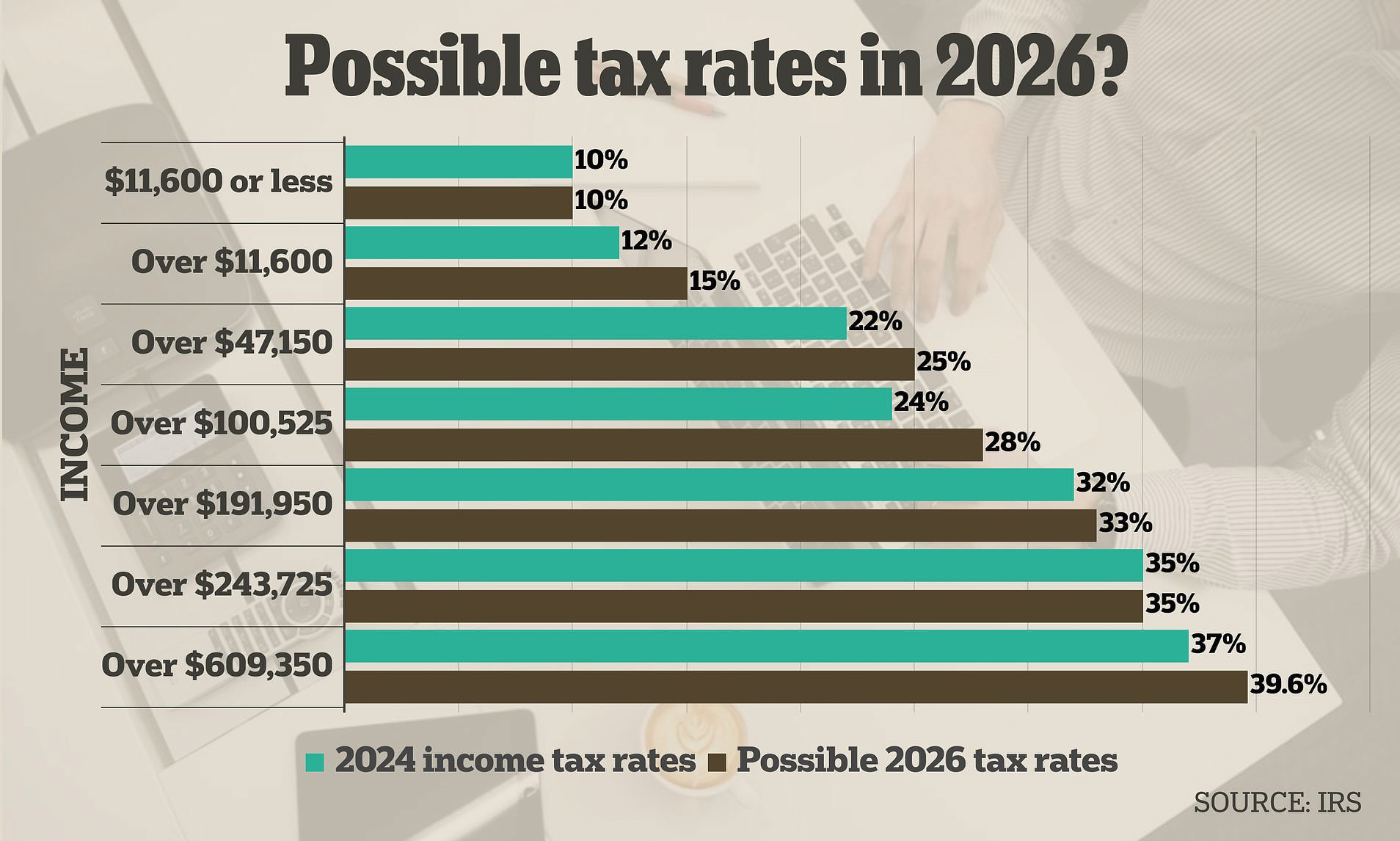
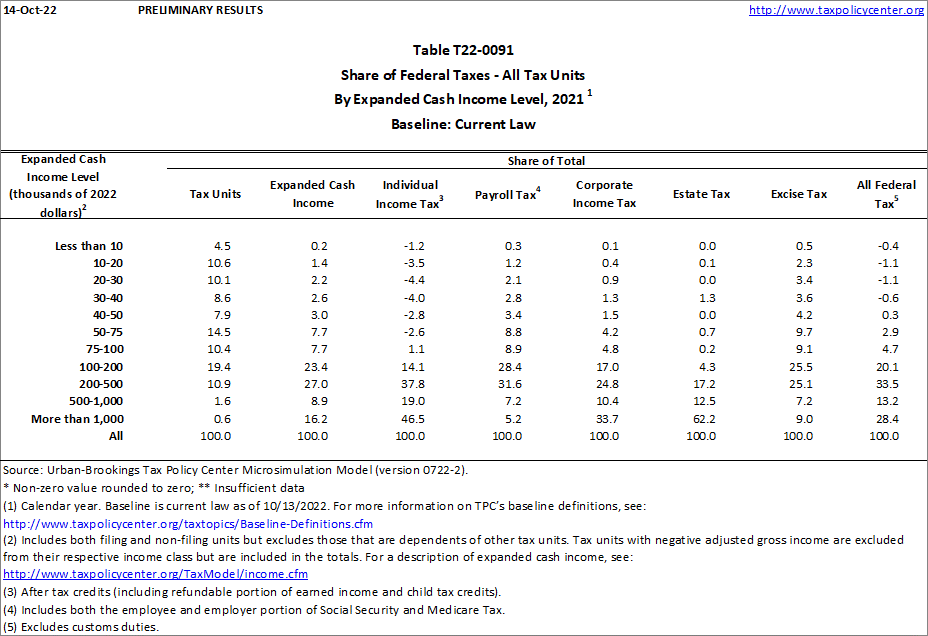
Preparing for the Changes
While the full extent of the tax changes is still unclear, there are steps you can take to prepare: Consult a Tax Professional: A tax expert can help you understand how the changes will affect your specific situation and provide guidance on how to minimize your tax liability. Review Your Financial Plan: Take a close look at your budget, investments, and retirement savings to ensure you're on track to meet your financial goals. Consider Tax-Loss Harvesting: If you have investments that have declined in value, you may be able to offset gains from other investments by selling the losing investments and using the losses to reduce your tax bill. The major tax changes coming in 2026 are likely to have significant implications for taxpayers. By understanding the changes and taking proactive steps to prepare, you can minimize your tax liability and ensure you're well-positioned for the future. Stay informed, consult with a tax professional, and review your financial plan to get ahead of the curve and make the most of the new tax landscape.For more information on the tax changes and how to prepare, visit Forbes and consult with a qualified tax expert.